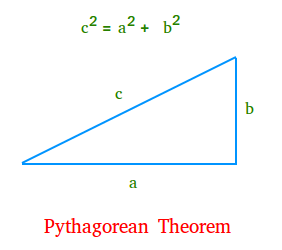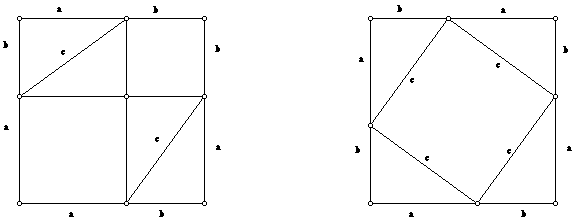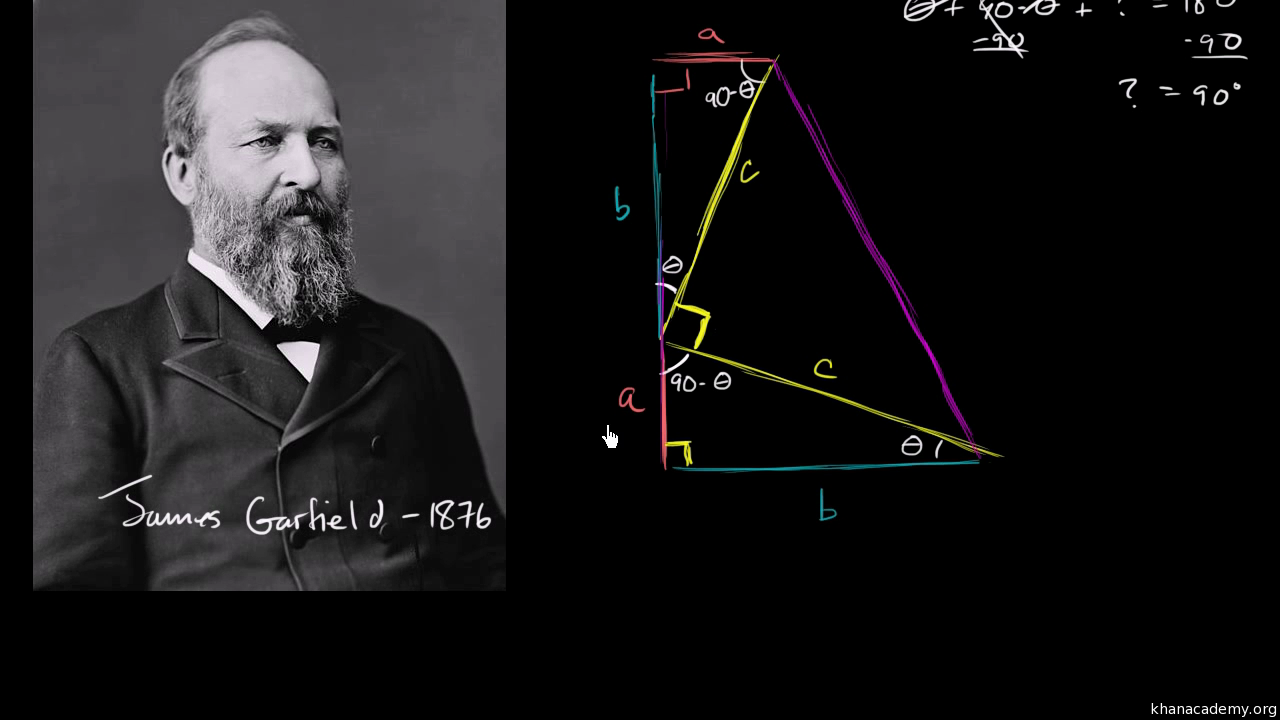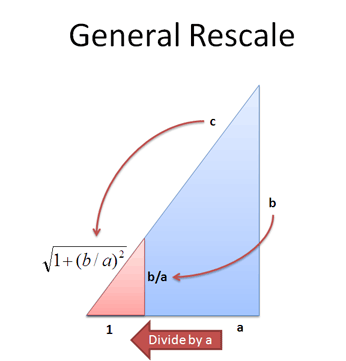The Pythagorean theorem is a mathematical concept that states that in a right triangle, the square of the length of the hypotenuse (the side opposite the right angle) is equal to the sum of the squares of the other two sides. It is expressed as the equation a^2 + b^2 = c^2, where c is the length of the hypotenuse and a and b are the lengths of the other two sides. This theorem is an important concept in geometry and is widely used in many areas of mathematics and engineering.
The origins of the Pythagorean theorem can be traced back to ancient civilizations, where it was known by different names and used for various purposes. However, it was the Greek mathematician Pythagoras who is credited with formally stating and proving the theorem.
Pythagoras was born on the island of Samos in the Aegean Sea around 570 BCE. He was a philosopher, mathematician, and scientist who founded a religious and philosophical movement known as Pythagoreanism. One of the main beliefs of this movement was that mathematics was the key to understanding the universe and that numbers had a mystical significance.
Pythagoras is known for his work on geometry, particularly the theorem that bears his name. Although the theorem was known to ancient civilizations before Pythagoras, he was the first to prove it rigorously and to give it a formal statement. In his proof, he used the concept of similar triangles, which states that two triangles are similar if they have the same angles. By showing that the ratios of the sides of similar triangles are always the same, Pythagoras was able to prove the theorem.
In addition to his work on the Pythagorean theorem, Pythagoras made many other important contributions to mathematics and science. He is known for his work on the concept of irrational numbers, which are numbers that cannot be expressed as a ratio of integers. He also made important contributions to the study of music and acoustics, and is credited with discovering the mathematical relationship between the lengths of strings and the pitches they produce.
Despite his many contributions, Pythagoras is best known for the theorem that bears his name. The Pythagorean theorem has been a fundamental concept in mathematics for more than two thousand years, and it continues to be an important tool in many fields today. It is a testament to the enduring legacy of Pythagoras and his contributions to the world of mathematics.








